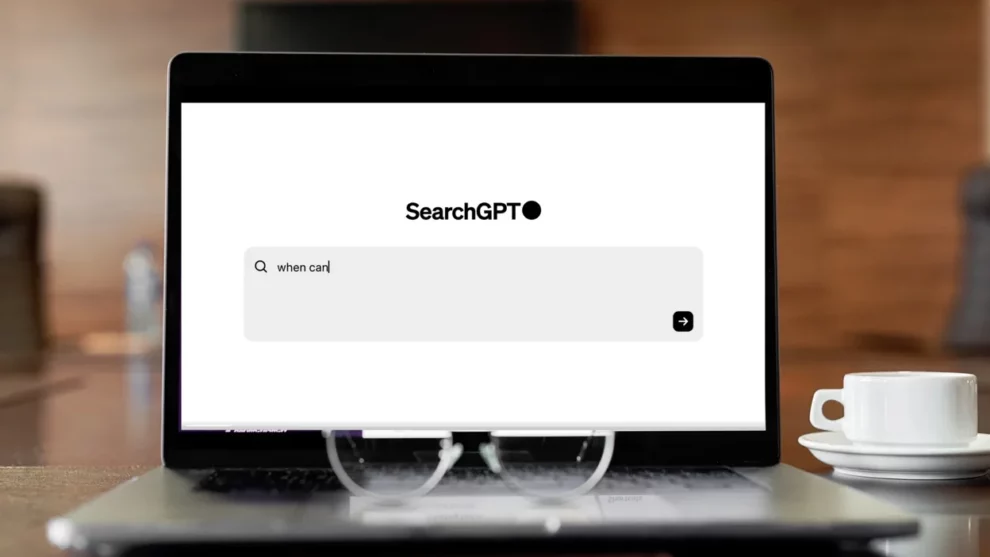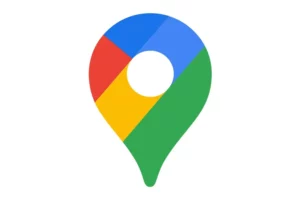A comprehensive real-world test comparing ChatGPT’s new search functionality against Google’s established search engine, the AI-powered alternative shows promise but ultimately fails to deliver a compelling reason for users to abandon Google’s tried-and-tested platform. This evaluation comes at a time when growing dissatisfaction with Google’s ad-heavy search results has created an opening for innovative search solutions.
OpenAI’s recent rollout of ChatGPT Search to the general public represents a significant attempt to challenge Google’s search dominance. The new feature combines ChatGPT’s natural language processing capabilities with search functionality, offering users an ad-free alternative to traditional search engines. While the system partially relies on Microsoft’s Bing technology for its search capabilities, OpenAI has developed its own approach to ranking and presenting search results.
In practical testing, ChatGPT Search demonstrated both strengths and notable limitations. The absence of advertisements and sponsored content provides a cleaner, more focused search experience compared to Google’s increasingly cluttered results pages. However, this advantage is offset by slower response times and occasionally incomplete or limited information, often requiring users to refine their queries multiple times to obtain desired results.
The system’s performance varied significantly depending on the type of search query. For straightforward informational requests about recent events or general knowledge, ChatGPT Search often provided concise, well-organized responses that surpassed Google’s traditional link-based results. However, it struggled with real-time information such as currency exchange rates and stock prices, where Google’s established partnerships with financial data providers gave it a clear advantage.
One of the most significant drawbacks of ChatGPT Search is its limited source citation system. While Google provides users with extensive lists of relevant links, ChatGPT Search only reveals a handful of sources through a small sidebar button. This restriction not only makes it more difficult for users to verify information but also limits their ability to explore topics in greater depth.
/socialsamosa/media/media_files/S2XXRhrkUjL9N0yLAgfA.png)
The weather and location-based searches highlighted another key advantage of Google’s ecosystem integration. While Google can leverage user location data to provide highly accurate local information, ChatGPT Search often struggled to determine user location accurately, resulting in less relevant results for location-specific queries.
In the realm of technical support and product research, ChatGPT Search showed promise by aggregating information from multiple sources to provide comprehensive answers. However, the system’s reliance on potentially outdated sources raised concerns about the accuracy of time-sensitive information, particularly for topics like product pricing and availability.
The cost factor also plays a significant role in the competition between these platforms. ChatGPT Search currently requires a Plus subscription priced at $20 per month, while Google’s search service remains free. This subscription requirement, combined with the availability of similar AI-powered search features from Google and Perplexity at no cost, may limit ChatGPT Search’s appeal to mainstream users.
Despite these limitations, ChatGPT Search excels in certain scenarios, particularly when users need detailed explanations or comprehensive overviews of topics that aren’t time-sensitive. The system’s ability to synthesize information from multiple sources and present it in a coherent, conversational format offers a genuine advantage over traditional search results in these cases.
Looking ahead, the future of search appears to be trending toward a hybrid approach. Google’s introduction of AI Overviews for select queries suggests that even the search giant recognizes the value of AI-powered summaries. However, Google maintains an advantage by continuing to offer traditional search results alongside its AI-generated content, providing users with the best of both worlds.
For now, ChatGPT Search serves better as a complementary tool rather than a complete replacement for Google Search. While it offers a refreshing ad-free experience and excels at certain types of queries, its limitations in real-time information retrieval, source transparency, and overall search scope make it difficult to recommend as a primary search engine.
The competition between traditional search engines and AI-powered alternatives continues to drive innovation in the search space. As these technologies evolve, users may benefit from using multiple search tools, selecting the most appropriate option based on their specific needs and the type of information they seek. However, until ChatGPT Search can match Google’s speed, accuracy, and breadth of information while maintaining its distinctive advantages, Google’s position as the default search engine for most users appears secure.
















Add Comment